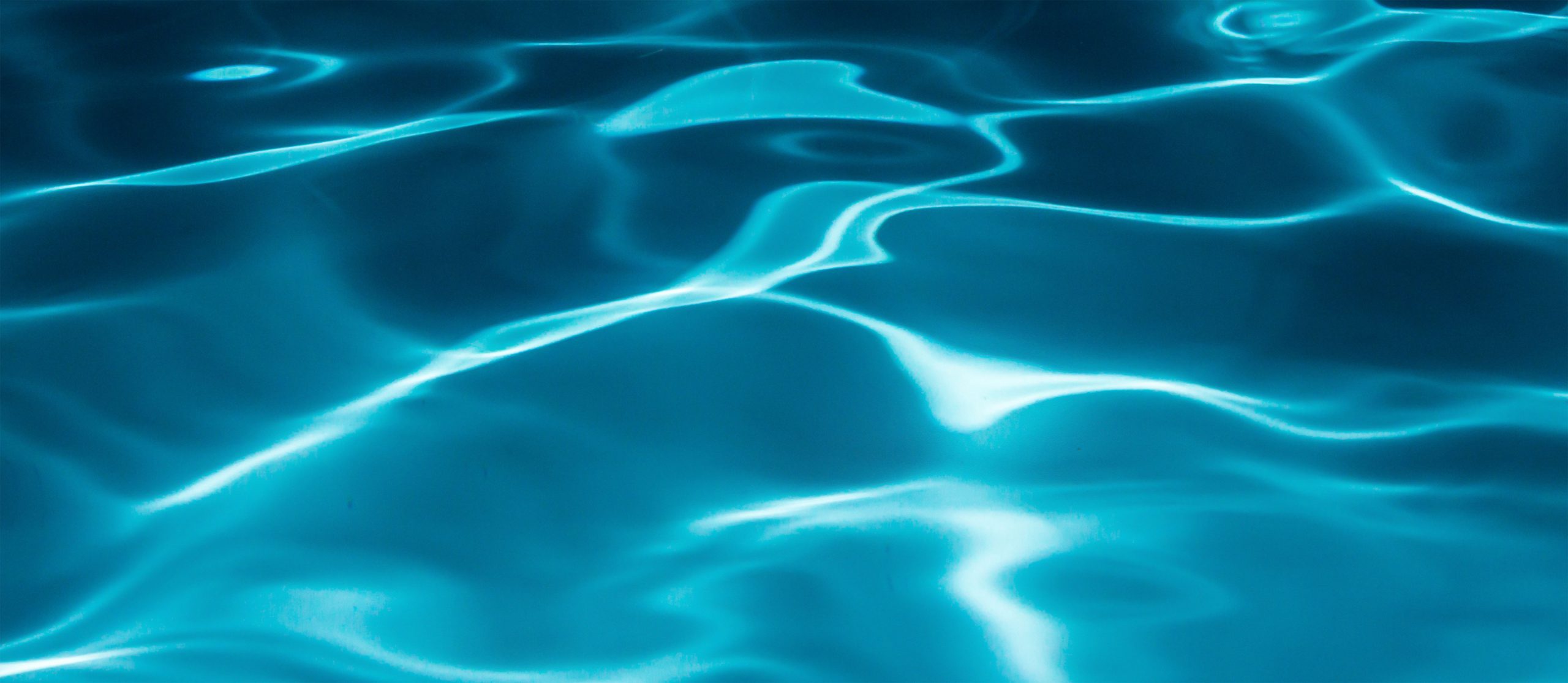How to store and handle pool chemicals
- August 3, 2013
- Pool Safety and Health,
Pools are a great place to kick back, relax and enjoy the sunshine, and for many people across the country, they’re the cornerstone of a summer well spent. From hosting pool parties to getting in a morning swim before heading to work, pools offer a near-perfect blend of luxury and utility, making them a worthwhile investment for any homeowner.
However, maintaining that crystal-clear balance in pools doesn’t come easy – in fact, it can often require a delicate mix of the right chemicals to preserve the water throughout swimming season.
Chemicals are used to fight germs that can cause diseases, as well as improve water quality, maintain pH levels, reduce algae growth and prevent corrosion. But if not handled properly, they can also result in emergency situations.
For helpful tips on how to store and handle pool chemicals – particularly in places like a storage area or pump room – consider these points below. To have your pool maintained by a professional, remember to reach out to a Phoenix pool service company for additional assistance.
Types of chemicals
A pool can include a variety of chlorinating agents, some of which are inorganic, like calcium hypochlorite, lithium hypochlorite and sodium hypochlorite. Others, such as trichloroisocyanuric acid, potassium dichloroisocyanurate and sodium dichlorocyanurate, are organic.
What’s so important about understanding this? It’s simple – the two just don’t mix. If cross-contamination of these agents occurs, the results can be explosive, literally.
Other pool chemicals to be mindful of are oxidizers and corrosives. Calcium hypochlorite, which is an oxidizer, can be dangerous to mix with a corrosive, as the latter attack metals. Combined, they could result in a fire or explosion.
Storing chemicals
To avoid hazardous situations, chemicals should be stored in a safe and cool place, usually away from children, pets and sunlight. Ventilating this storage area can keep harmful vapors from filling the space and making it difficult to enter.
For those with pump rooms, constructing the area to also include secondary containment areas, safety showers, eyewash stations, as well as security alarms can be essential for safety. Protective gear like goggles and gloves can also be important to have nearby in case of an emergency.
In addition, oxidizers and acids should be kept away from one another and far away from flammable products, including gasoline, grease, paints, fertilizers, tile cleaners, turpentine and herbicides.
By following these helpful tips, you can reduce the potential for emergencies and ensure that your pool in Phoenix is running to the fullest over the summer months!


